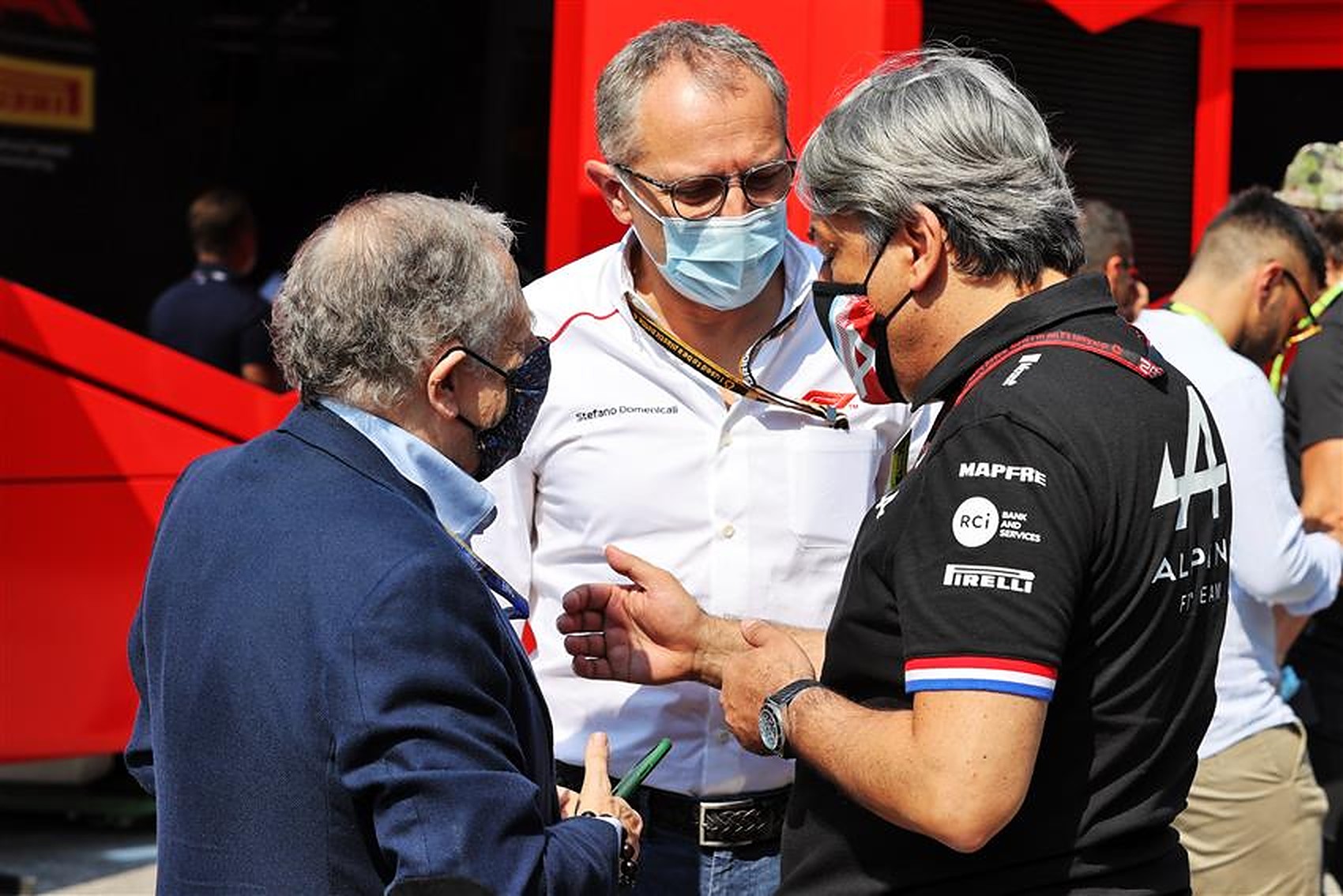Formula 1 has announced a plan to develop a 100 percent sustainable fuel to be used from the 2025 season onwards.
Formula 1 believes it can develop a sustainable fuel without compromising power or speed, and they predict that the fuel will be used not only in Formula 1, but in vehicles worldwide.
READ: Daniel Ricciardo: ‘My Job Is To Drive And That’s It’
In their announcement, Formula 1 predicted that by 2030, only 8 percent of the 1.8 billion cars on the road worldwide will be Battery Electric Vehicles. As such, they see the development of a sustainable fuel as crucial to the motor industry.
The 2022 season sees Formula 1 moving to the use of E10 fuel, which is already widely available for motorists across the world. E10 is a mixture of 90 percent fossil fuel and 10 percent ethanol, which is considered sustainable. However, E10 fuel does not meet Formula 1’s 2030 goal of being Net Zero Carbon.
At this stage, sustainable fuel is merely a concept, and the switch from 10 percent to 100 percent sustainable in only three years is ambitious.
Formula 1 are reportedly undertaking talks with fuel companies regarding the creation of the fuel, but they remain optimistic that they will reach their target.
Formula 1’s chief technical officer (CTO) Pat Symonds explained that while “there’s plenty of ethanol around”, the fuel will require the use of complex molecules, which will take time to develop.
As such, Symonds stated that the “middle of the decade” is a realistic timeline to achieve their goal.
Symonds identified the biggest challenge in the development as being the scope of the operation.
“What we’re doing is, we’re synthesising a high-performance, fully sustainable fuel, and that is something that is both difficult to do and hard to do in the quantities we need,” Symonds added.
Formula 1 is also faced with the difficulty of ensuring the transition to sustainable fuel doesn’t affect the performance of the powertrains.
READ: Alex Albon Opens Up On ‘Torture’ Of Not Racing In F1
Symonds explained “motorsport is about power, but it’s particularly about power density; we don’t want huge cars with huge fuel tanks, we want small fuel tanks and a lot of very good quality, power-dense fuel in it. So we have to synthesise that, and that’s not the easiest thing to do.”
Despite the enormity of the task and the challenges Formula 1 will likely face in the fuel’s development, responses so far have been positive.
McLaren applauded Formula 1 on social media, commenting that they are “driving change”, while many fans also expressed their support.
Follow us on Google News to never miss an F1 story!

